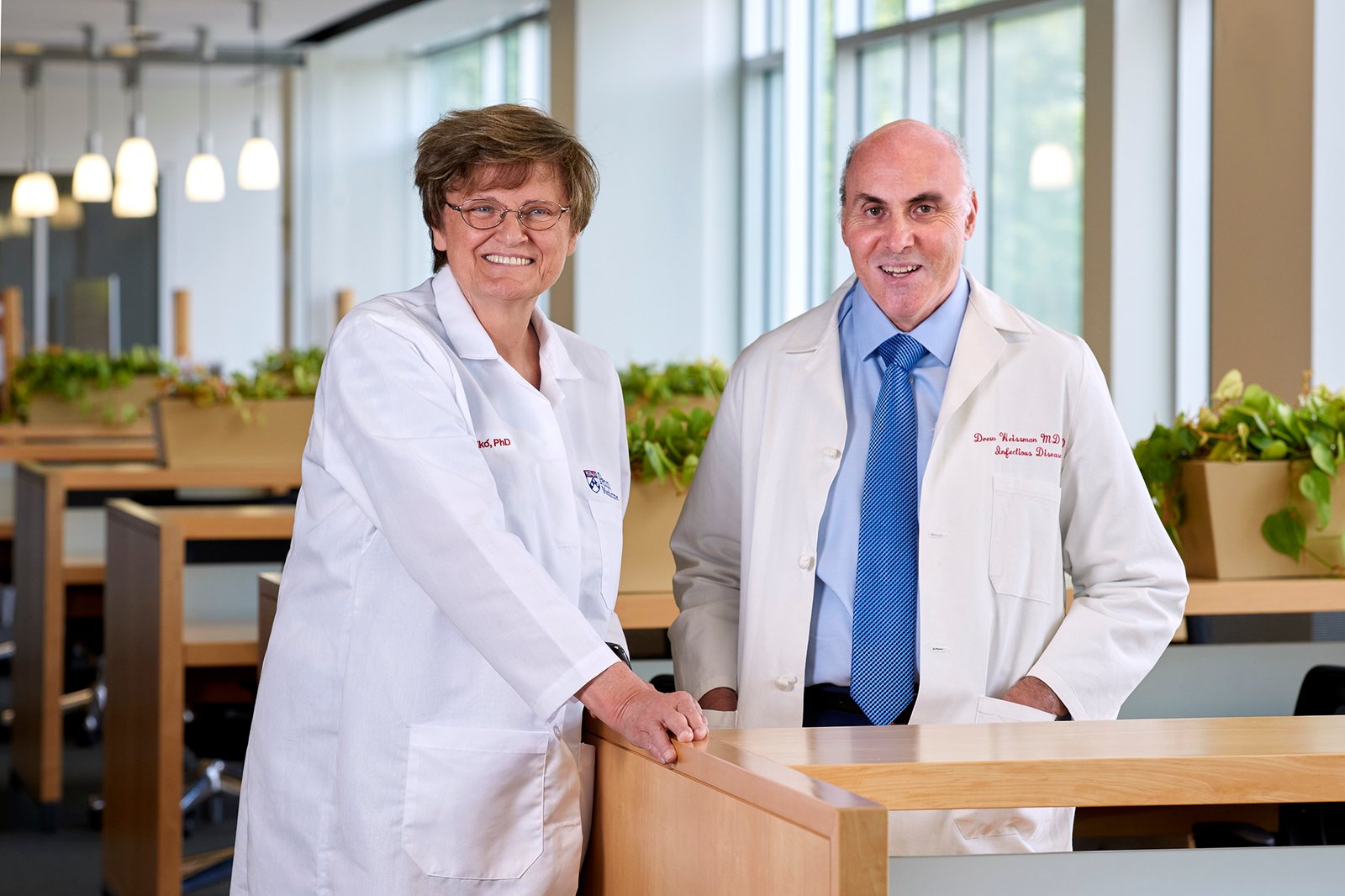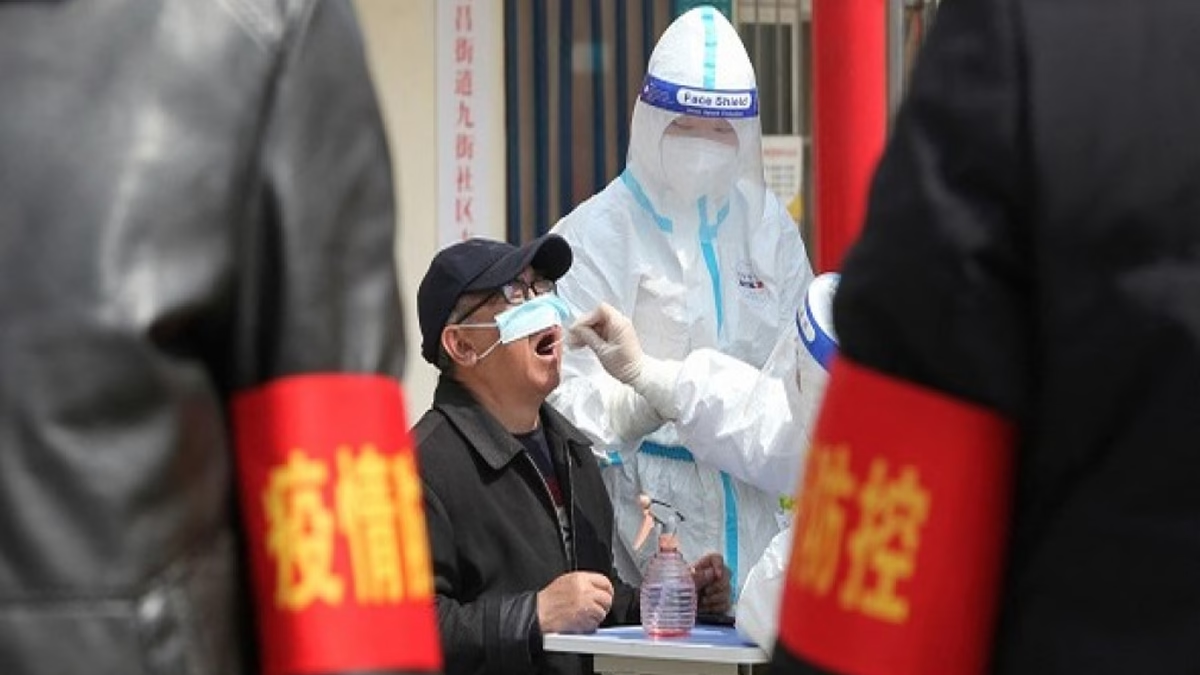The prestigious 2023 Nobel Prize in Physiology or Medicine has been granted to Katalin Karikó and Drew Weissman, honoring their groundbreaking discoveries related to nucleoside base modifications. These discoveries played a pivotal role in enabling the development of highly effective mRNA vaccines against COVID-19.
Katalin Karikó, a Hungarian-American biochemist, and Drew Weissman, an American physician, have been recognized for their extraordinary contributions to the field of medicine. Their work has significantly influenced our understanding of how mRNA interacts with the immune system, revolutionizing the way we approach vaccine development.
The critical importance of their findings became evident during the global COVID-19 pandemic that emerged in early 2020. Thanks to Karikó and Weissman’s pioneering work, researchers were able to rapidly develop mRNA vaccines that have played a pivotal role in combatting one of the most significant threats to human health in recent times.
Traditionally, vaccines have relied on various methods, including weakened or inactivated viruses, to stimulate the immune system and confer protection against diseases. For instance, the development of vaccines against polio, measles, and yellow fever has saved countless lives. In 1951, Max Theiler was awarded the Nobel Prize in Physiology or Medicine for his work on the yellow fever vaccine.
In recent decades, advances in molecular biology have led to the creation of vaccines based on specific components of viruses, rather than the entire virus. These vaccines leverage portions of the viral genetic code to produce proteins that trigger the formation of antibodies capable of blocking the virus. Notable examples include vaccines against hepatitis B and human papillomavirus.
Another approach involves transferring segments of the viral genetic code to a harmless carrier virus, known as a “vector.” This technique is employed in vaccines against diseases like Ebola. When administered, vector vaccines prompt our cells to produce the targeted viral protein, eliciting an immune response against the virus.
However, these vaccine production methods often require large-scale cell culture, which can be resource-intensive and limit the ability to swiftly respond to outbreaks and pandemics. As a result, scientists have long sought alternative vaccine technologies that are less reliant on cell culture but have faced significant challenges in this endeavor.
The breakthroughs achieved by Karikó and Weissman in the realm of mRNA vaccines have paved the way for a new era in vaccine development. Their work has not only enabled rapid responses to emerging health crises like COVID-19 but has also set the stage for innovative approaches to immunization that hold promise for addressing a wide range of diseases in the future.



